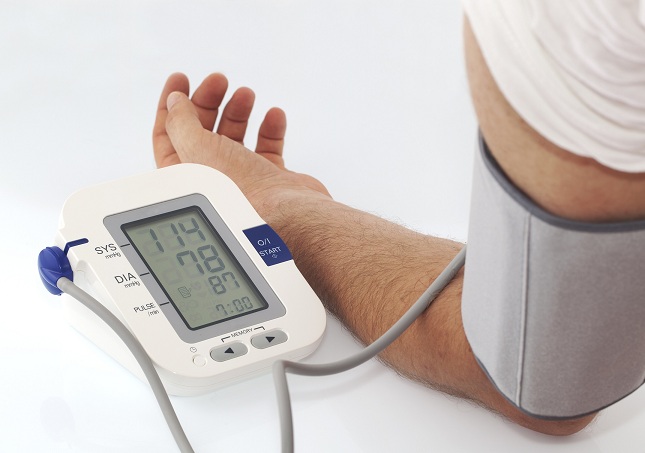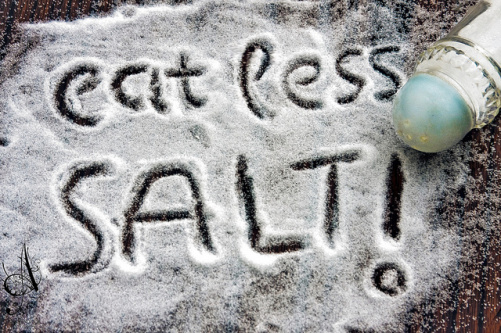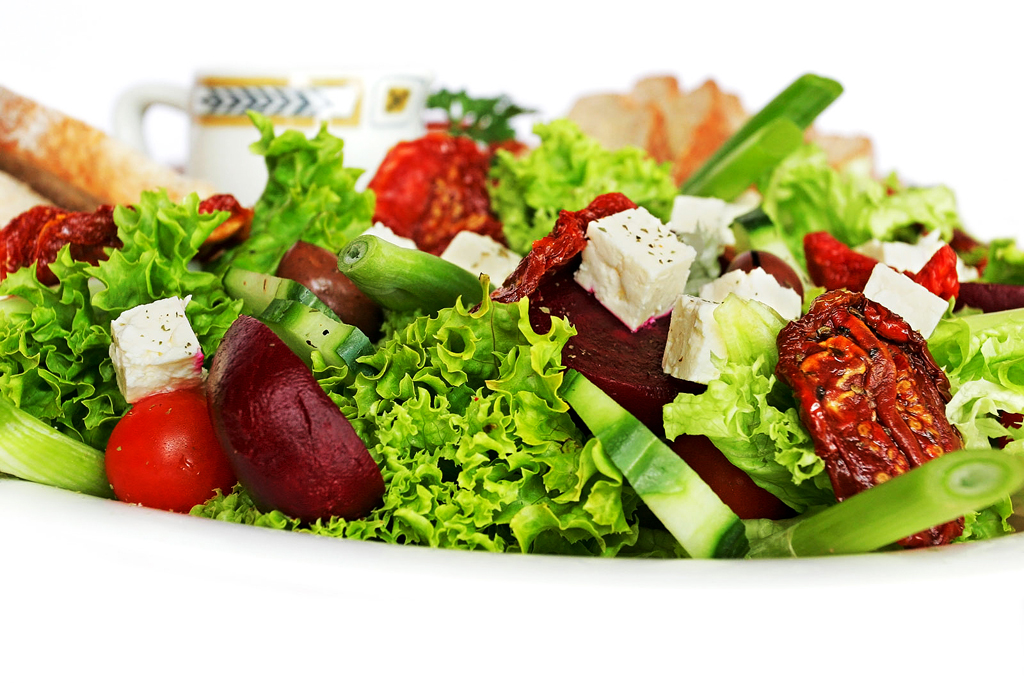Want to lower your blood pressure?
A plant-based diet high in potassium and low in sodium will make a difference, research suggests.
Plants – not pills – might be key, according to a study published in February in the Journal of the American Medical Association. Participants who followed a plant-based diet, from vegan to pescatarian to semi-vegetarian, reported lower blood pressure readings than meat eaters. In an interview with U.S. News, study author Neal Barnard, founding president of the Physicians Committee for Responsible Medicine, explained how to naturally lower your blood pressure.
First, make sense of the numbers.

Lower Your Blood Pressure Naturally
Blood pressure is recorded as two numbers that are written as a ratio: Systolic (the top number) measures the pressure in the arteries when the heart beats, and diastolic (the bottom number) measures pressure in the arteries between heartbeats. Healthy people should aim for a systolic blood pressure less than 120 millimeters of mercury and a diastolic blood pressure less than 80 mmHg. Any higher doubles the risk of heart disease.
The plant-based answer.
If you’re overweight or have high blood pressure – or both – changing your diet can make a significant difference. “Getting meat off your plate is a good idea,” Barnard says, pointing out that plant-based foods, in their natural state, have almost no sodium and are rich in potassium. Those two factors go a long way toward cutting blood pressure and reducing the risk of heart disease.
Reduce salt.

Reduce salt for Lowering Your Blood Pressure
Adults should consume less than 1,500 milligrams of sodium a day, Barnard says. Instead of adding salt to your favorite meals, experiment with spices and herbs – think cinnamon, pepper, curry powder and cilantro. Reading nutrition labels will also go a long way; pay particular attention to sodium content in packaged meals, snacks and canned food, which can supply a day’s worth of salt in one serving.
Load up on potassium.

Sweet Potato – Foods Packed With Potassium for Lowering Your Blood Pressure
Aim for 4,700 milligrams a day. Foods rich in potassium help your blood pressure naturally fall, and bananas aren’t the only option. One cup of tomato paste provides 2,657 milligrams; a cup of bok choy provides 631 milligrams; and one cup of Brussels sprouts provides 495 milligrams, for example. Other smart choices include sweet potatos, lentils and beans – have a cup of lentil soup – and orange fruits and veggies, like butternut squash.















